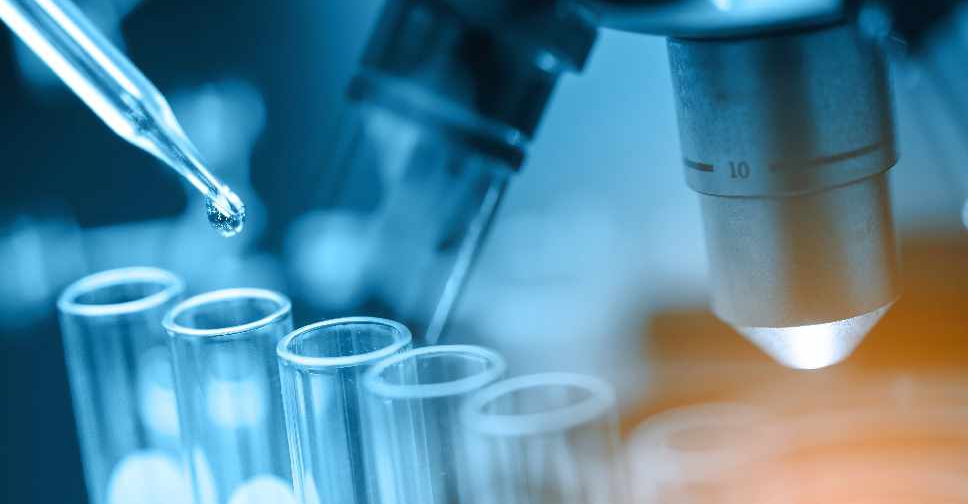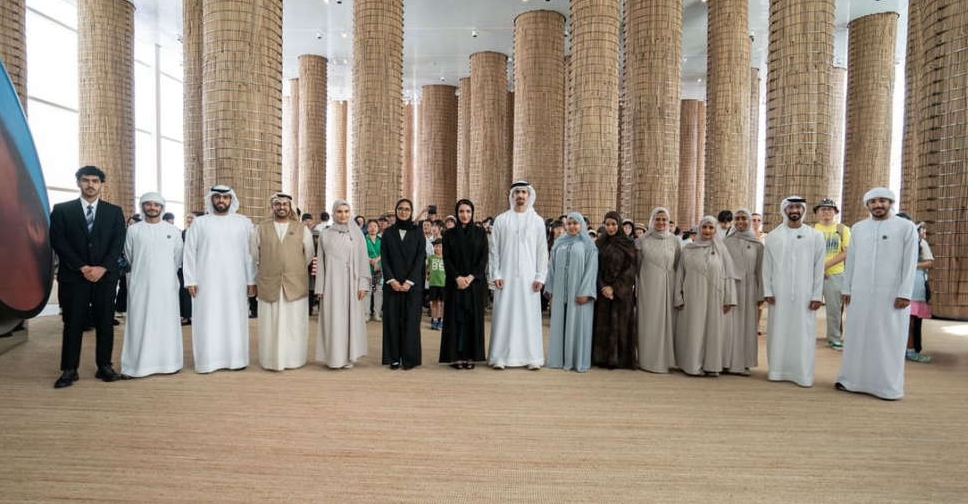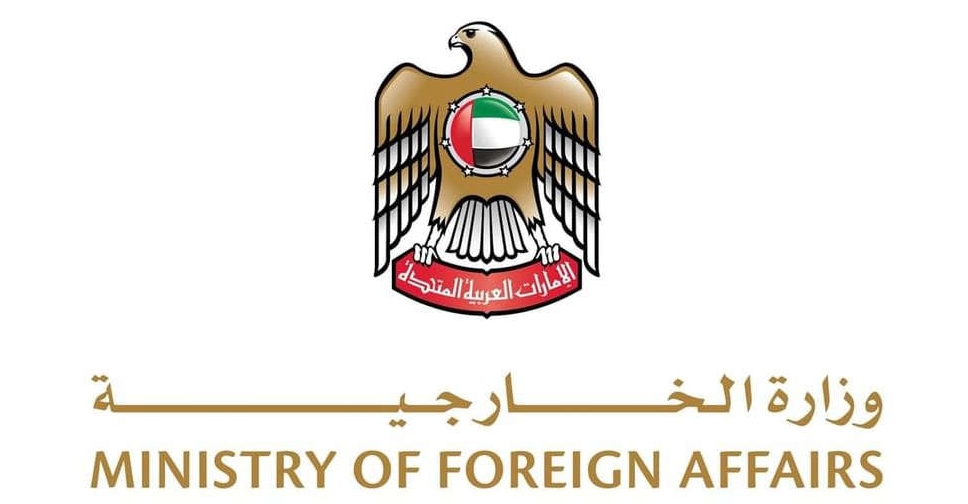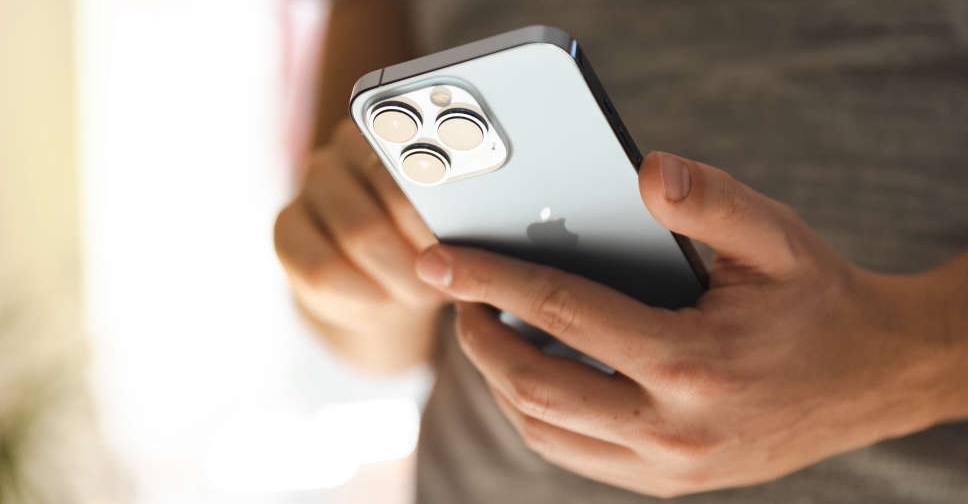
Researchers in the UAE have found that saliva testing is just as effective as nasal swabs in detecting COVID-19.
The findings of a study led by Dubai's Mohammed Bin Rashid University of Medicine and Health Sciences (MBRU) showed that saliva can be used for viral detection with 70 per cent sensitivity and 95 per cent specificity.
The research team took saliva and nasal swabs from 401 adults who were present at Al Khawaneej Health Centre for COVID-19 screening. Half of the sample size were asymptomatic.
Researchers from MBRU were joined by teams from the Dubai Health Authority (DHA), Unilabs, Cleveland Clinic Abu Dhabi, New York University Abu Dhabi (NYUAD) and the National Reference Laboratory.
Experts say the findings related to the use of saliva could help widen the screening network for COVID-19, simplify community testing, and also reduce the risk to frontline healthcare professionals.
The saliva specimen was self-collected into sterile containers by the patients without requiring the presence of a healthcare professional and did not require the use of preservative transport to the laboratory.
The study, which is the first of its kind in the UAE and the wider MENA region, will be published in the peer-reviewed journal Infection and Drug Resistance.
Professor Abiola Senok, lead Investigator of the study and Professor of Microbiology and Infectious Diseases, College of Medicine, MBRU, praised the cross-sector collaboration of the study – one of the first research project to receive approval from the Emirates Institutional Review Board for COVID-19 Research.
"Previous studies on the use of saliva for SARS-CoV-2 RT-PCR have largely been among COVID-19 in-patients and symptomatic ambulatory patients with limited work in a community-based screening setting. This study has shown good diagnostic accuracy for saliva and the feasibility for its utilisation as a potential specimen of choice in community settings and population-based screening," explained Professor Senok.
#Dubai's @MBRUniversity research uncovers saliva testing as effective alternative to nasal swab in Covid-19 detection. The study is a first in the #UAE and the MENA region.https://t.co/ijleWH5gJU pic.twitter.com/Ej8fossLw2
— Dubai Media Office (@DXBMediaOffice) September 6, 2020


 Sharjah seizes AED279 million-worth of narcotics in 2024
Sharjah seizes AED279 million-worth of narcotics in 2024
 UAE launches programme to train youth in global social missions
UAE launches programme to train youth in global social missions
 UAE expresses solidarity with India over factory explosion
UAE expresses solidarity with India over factory explosion
 Ajman Police launches smart messaging platform
Ajman Police launches smart messaging platform
